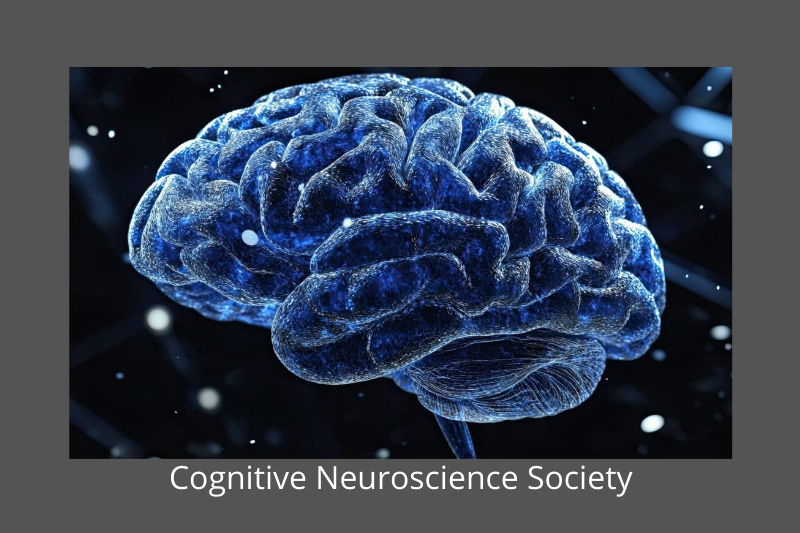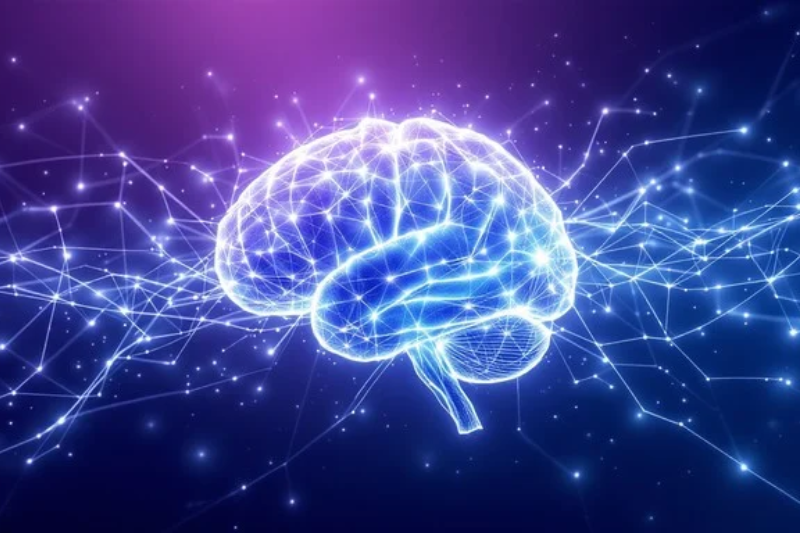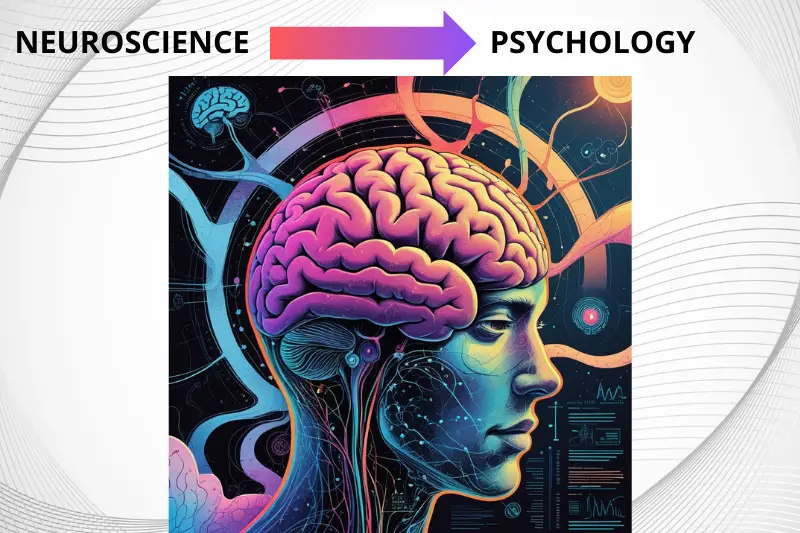The Cognitive Neuroscience Society (CNS) stands as a cornerstone in the field of cognitive neuroscience, a discipline that draws insights from psychology, neuroscience, and cognitive science to understand mental processes through biological mechanisms. Established in 1994, CNS was born out of the growing recognition that comprehension of the neural basis of thinking necessitated collaborative, cross-disciplinary research. With investigators originating from diverse backgrounds such as neurobiology, psychology, computer science, and psychiatry, the organization has become a hub for pioneering ideas, exchanges of knowledge, and advances in the investigation of cognition and the brain.
Origins and Aspirations
The late 20th century witnessed a surge in interest in how the brain underlies cognitive abilities such as recollection, language, perception, decision making, and consciousness. Traditional boundaries among disciplines started to blur as scientists acknowledged the value of incorporating understandings from multiple arenas. In this context, the Cognitive Neuroscience Society was founded to formally offer a platform where these interdisciplinary links could flourish.
The mission of CNS is clear: to facilitate the dissemination of scientific discoveries concerning the brain and cognition, foster collaboration among researchers, support young scholars, and promote public comprehension of cognitive neuroscience. Through conferences, workshops, and publications, CNS gives an essential infrastructure for the scientific community to grow and evolve in their pursuit of linking the mind with the mechanisms of the brain.
Annual Gathering and Scholarly Exchange
Perhaps the most well known activity of the CNS is its Yearly Meeting, which brings thousands of scientists from worldwide each spring. The meeting features symposia, keynote addresses, poster sessions, and special events aimed toward highlighting the latest findings in the field.
The structure of the annual meeting facilitates both formal lectures and casual interactions. Poster sessions especially serve a crucial role in enabling peer critique and networking opportunities. These sessions allow students and early career researchers to showcase their work, gain visibility within the field, and receive thoughtful feedback from established leaders.
The CNS Annual Meeting is renowned for presenting cutting-edge topics at the highest scientific caliber. Discussions span from attentional mechanisms and executive functions in the brain to social cognition, neurodevelopment across the lifespan, and age-related changes to neural circuitry. Methodologies frequently highlighted include functional magnetic resonance imaging (fMRI), electroencephalography (EEG), transcranial magnetic stimulation (TMS), and computational modeling approaches.
Educational and Career Support
CNS places strong importance on cultivating the next generation of scientists. Travel awards, discounted registration for students, and mentoring programs target graduate trainees and postdoctoral fellows. These initiatives aim to reduce barriers to involvement, especially for those from underrepresented backgrounds or institutions with limited research funding.
Additionally, CNS hosts skill-building workshops focused on academic writing, publication strategies, job market preparation, and grant application development. These sessions prove particularly valuable in today’s competitive research landscape, equipping young scientists with the tools needed for future success.
Publications and Scientific Dissemination
The Journal of Cognitive Neuroscience (JoCN), while published independently through MIT Press, maintains close ties to the Cognitive Neuroscience Society and serves as a premier venue for disseminating groundbreaking findings in the field. JoCN publishes peer-reviewed articles exploring topics across the full spectrum of cognitive neuroscience, from neural coding and cortical mapping to cognitive models and brain-behavior relationships.
While CNS itself does not directly publish a journal, it utilizes its digital platforms, periodicals, and social networks to illuminate noteworthy discoveries, updates, and possibilities within the community. These include summaries of fresh research, member spotlights, and modifications in policy issues that influence the scientific enterprise.
Interdisciplinary and Global Viewpoint
A distinguishing quality of CNS is its dedication to interdisciplinary inquiry. The society embraces a wide range of scientific viewpoints, realizing that progress in cognitive neuroscience is dependent on integrating information from numerous levels of examination — from single neurons to whole-brain systems, and from behavior to biology.
Moreover, CNS has become progressively worldwide. Though initially centered in the United States, the society now incorporates members from across the globe. The annual meetings regularly highlight speakers and attendees from Europe, Asia, South America, and Africa, mirroring the universal nature of cognitive neuroscience research.
To further assist its international members, CNS offers digital events and assets that make participation possible irrespective of geographical location or travel limitations. The COVID-19 pandemic, while disruptive, accelerated the society’s embrace of hybrid and online formats, ensuring broader accessibility.
Ethics, Inclusiveness, and Social Duty
CNS has also recognized its duty to advance diversity, equity, and inclusion within cognitive neuroscience. It has taken steps to ensure that its events, awards, and leadership represent the diversity of the broader scientific community.
The society has adopted codes of conduct to ensure that its meetings are safe and respectful environments for all participants. It also hosts discussions on the ethical implications of neuroscience research, including topics such as neuroethics, privacy, and the use of brain data in public policy and industry.
In recent years, CNS has made concerted efforts to propel research that addresses real-world issues, such as mental health, neurodegenerative diseases, instruction, and social disparities. This harmonizes with a growing comprehension that scientific investigation must not only be rigorous but also socially pertinent.
Contributions to Scientific Progress
The Cognitive Neuroscience Society has played a pivotal role in molding the modern field of cognitive neuroscience. Its endeavors have helped characterize what it signifies to be a cognitive neuroscientist — someone who is equally at ease discussing brain regions and cognitive models, someone who values both empirical data and theoretical insight.
Through its meetings and community-building initiatives, CNS has accelerated the evolution of novel research methods and interdisciplinary collaborations. It has helped standardize scientific practices, further open science, and encourage reproducibility in research. These contributions are crucial in a field that deals with complex, multifaceted phenomena and where methodological rigor is essential.
Looking Ahead: The Future of CNS
As we progress deeper into the 21st century, the Cognitive Neuroscience Society faces both energizing opportunities and noteworthy challenges. Advances in brain imaging, artificial intelligence, and data science are opening new frontiers in comprehending cognition. At the same time, increasing public scrutiny of science, ethical concerns about technology, and funding uncertainties demand thoughtful leadership.
CNS is well-positioned to navigate this evolving landscape. With its strong community, forward-looking mission, and commitment to excellence, the society is anticipated to continue shaping how we understand the human brain and mind.
One promising area of growth lies in the integration of computational neuroscience and machine learning into cognitive models. By collaborating more closely with computer scientists and data engineers, cognitive neuroscientists can gain deeper insights into the principles that govern both biological and artificial intelligence systems.
Similarly, complex societal issues like reforming education, reforming criminal justice, and addressing climate change can benefit from the intricate insights neuroscience provides into human cognition, behaviour, and decision-making. As a central organization in the field, CNS is poised to play a pivotal role in carefully steering these developments according to empirical findings and ethical standards.
Since its founding in 1994, the Cognitive Neuroscience Society has blossomed into a thriving academic hub where pioneering researchers across disciplines regularly congregate to breakthrough new discoveries about the intricate workings of the mind. CNS’s annual conferences have consistently delivered a platform for pioneering research to be shared, debated, and built upon, while also fostering collaboration and community. Through targeted training initiatives and a steadfast dedication to inclusion, CNS continues energizing investigators at all professional levels. As neuroscientific methods rapidly progress and novel technologies emerge, CNS’s importance in facilitating interdisciplinary exchange, innovation, and responsibility in research will remain ever more critical to comprehensively elucidate how we think, feel and choose.
In the epic quest to decode the intricate mechanisms underlying cognition, CNS steadfastly lights the way – interweaving science, fellowship and the thrill of discovery.



